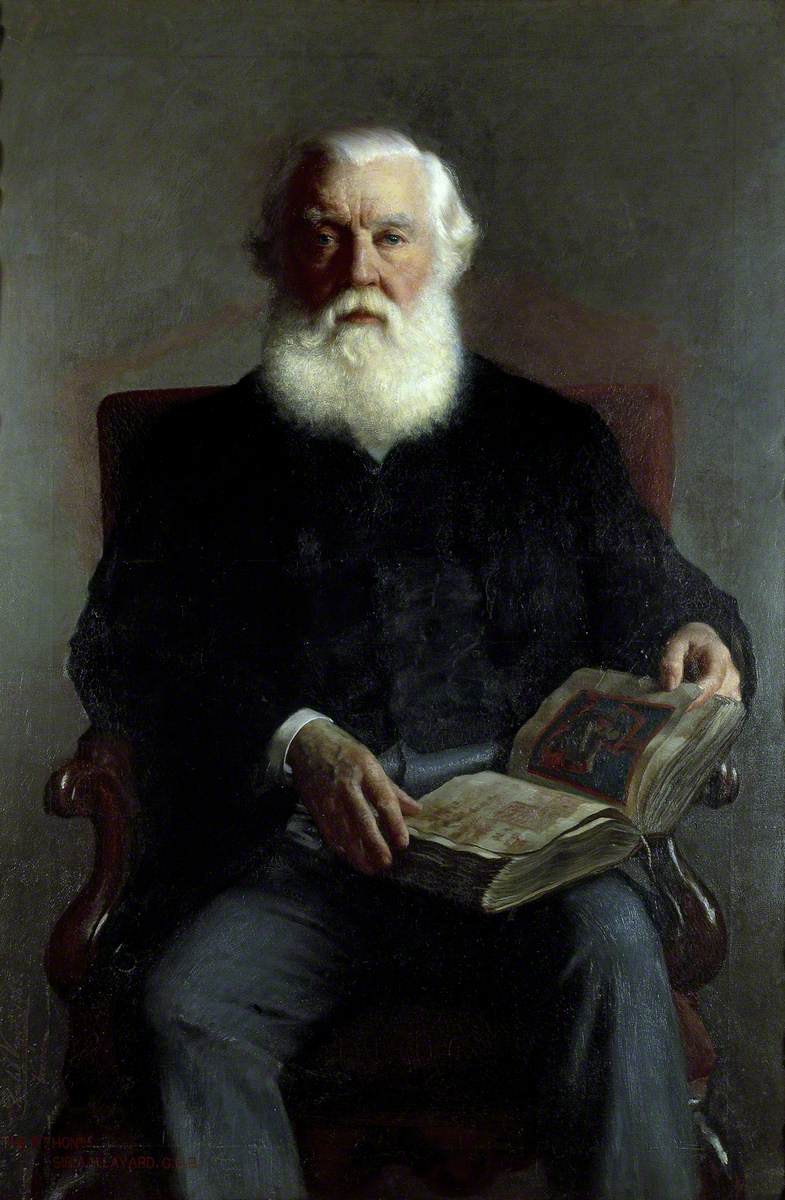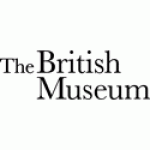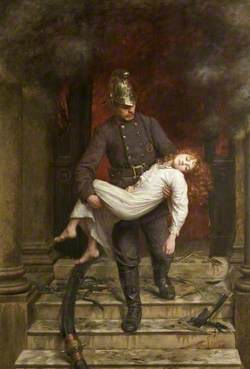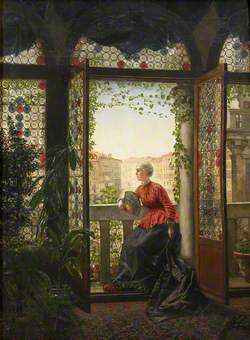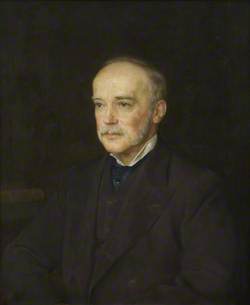How you can use this image
This image is available to be shared and re-used under the terms of the Creative Commons Attribution-NonCommercial-ShareAlike licence (CC BY-NC-SA).
This image can be reproduced in any way but your use of it cannot be for any kind of commercial purpose. Any work you create using this image must also be
Wherever you reproduce the image or an altered version of it, you must attribute the original creators (acknowledge the original artist(s), the person/organisation that took the photograph of the work) and any other stated rights holders.
Review our guidance pages which explain how you can reuse images, how to credit an image and how to find more images in the public domain or with a Creative Commons licence available.
DownloadNotes
Add or edit a note on this artwork that only you can see. You can find notes again by going to the ‘Notes’ section of your account.
En route to Ceylon (Sri Lanka) in 1840 Sir Austen Henry Layard (1817–1894) fell under the spell of the Middle East, particularly the mounds concealing the remain of Assyrian civilisation, opposite Mosul in what is now Iraq, which Emile Botta, the French Consul, was beginning to explore. With funding from Stratford Canning, British Ambassador to the Ottoman Empire, he began in 1845 to dig at the mound of Nimrud. There he discovered three Assyrian palaces and numerous objects, some of which were sent to England to great acclaim, particularly on account of their Biblical associations. Layard’s excavations continued at Kuyunjik, now supported by the Museum. In 1851 he turned to politics, becoming an MP the following year. Disenchanted by government, he transferred to the diplomatic service as Ambassador to Spain and subsequently to Constantinople.
Title
Sir Austen Henry Layard (1817–1894)
Date
1885
Medium
oil on canvas
Measurements
H 120 x W 84 cm
Accession number
1968,0518.1
Acquisition method
gift from Miss Phyllis Layard, 1968
Work type
Painting
